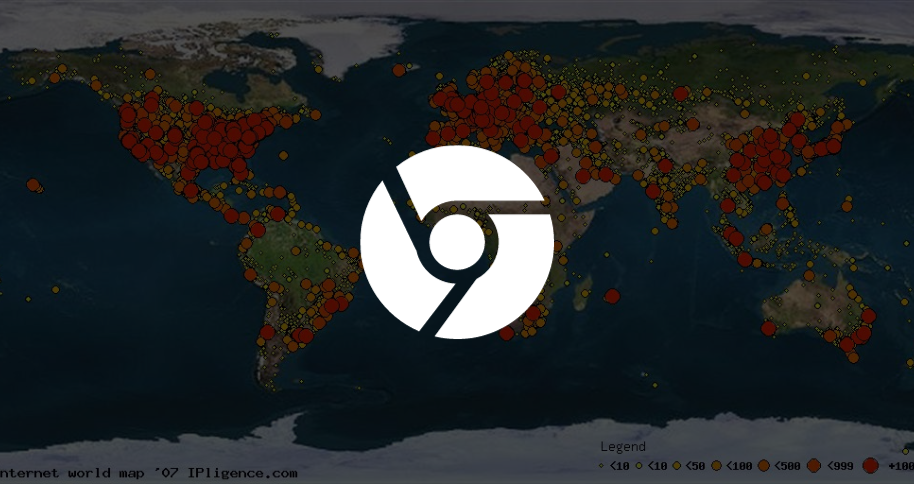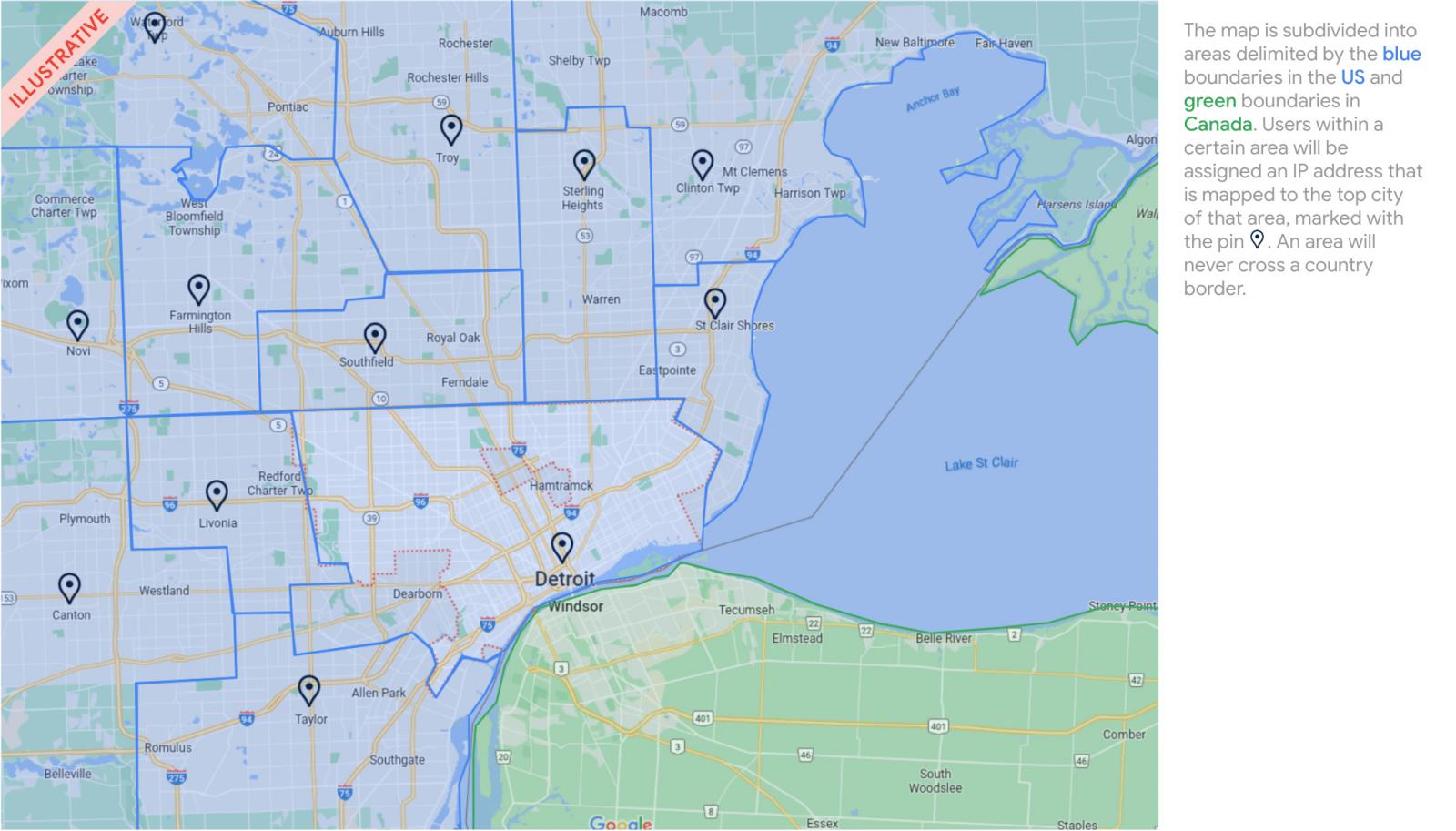Chrome’s Innovative “IP Protection” Feature Unveiled, Masking Users’ IP Addresses

Google is gearing up to introduce an innovative “IP Protection” feature for its Chrome browser, aimed at bolstering users’ privacy by cloaking their IP addresses through the use of proxy servers.
Acknowledging the potential for IP addresses to be exploited for surreptitious tracking, Google endeavors to strike a balance between safeguarding users’ privacy and preserving the fundamental functionalities of the web.
IP addresses are a double-edged sword. They enable websites and online services to trace activities across the internet, thereby facilitating the creation of persistent user profiles. However, this gives rise to significant privacy concerns, as users currently lack a direct method to evade such concealed tracking, distinct from the handling of third-party cookies.
Understanding Google’s Proposed IP Protection Feature
While IP addresses play a pivotal role in tracking, they are also indispensable for crucial web functions such as routing traffic, preventing fraud, and other vital network operations.
The “IP Protection” solution addresses this dual role by directing third-party traffic from specific domains through proxies, rendering users’ IP addresses invisible to these domains. As the online ecosystem evolves, IP Protection will adapt to continue shielding users from cross-site tracking and expand to include more domains in the proxied traffic.
The feature will initially be optional, putting users in control of their privacy while allowing Google to monitor behavioral patterns.
See Also: So you want to be a hacker?
Offensive Security, Bug Bounty Courses
The introduction will be phased to accommodate regional considerations and ensure a smooth learning curve.
In its initial phase, named “Phase 0,” Google will proxy requests only to its own domains via a proprietary proxy. This phase will serve as a test of the system’s infrastructure and will provide time to refine the list of domains.
Initially, access to these proxies will be limited to users logged into Google Chrome with US-based IPs. A select group of clients will be automatically included in this initial test, with adjustments to the architecture and design expected as testing proceeds.
To mitigate potential misuse, Google will employ a server for authentication, distributing access tokens to the proxy and establishing a quota for each user.
In subsequent phases, Google plans to implement a 2-hop proxy system to enhance privacy further.
Google aims to use this system to assign IP addresses to proxy connections that represent a user’s “coarse” location rather than their precise location.
 Illustrating how Google plans on assigning IP address to allow for GeoIP locations
Illustrating how Google plans on assigning IP address to allow for GeoIP locations
Source: Google
Among the domains where Google intends to test this feature are its own platforms, including Gmail and AdServices.
Google is planning to commence testing this feature between Chrome versions 119 and Chrome 225.
Trending: Offensive Security Tool: o365sprayer
Addressing Security Concerns
Google acknowledges certain cybersecurity concerns related to the new IP Protection feature.
Since the traffic will be routed through Google’s servers, it may pose challenges for security and fraud protection services in blocking DDoS attacks or detecting invalid traffic.
Additionally, if one of Google’s proxy servers is compromised, a threat actor could potentially view and manipulate the traffic passing through it.
To counter these concerns, Google is exploring measures like requiring users to authenticate with the proxy, preventing proxies from linking web requests to specific accounts, and introducing rate-limiting to thwart DDoS attacks.
Are u a security researcher? Or a company that writes articles or write ups about Cyber Security, Offensive Security (related to information security in general) that match with our specific audience and is worth sharing?
If you want to express your idea in an article contact us here for a quote: [email protected]
Source: bleepingcomputer.com












